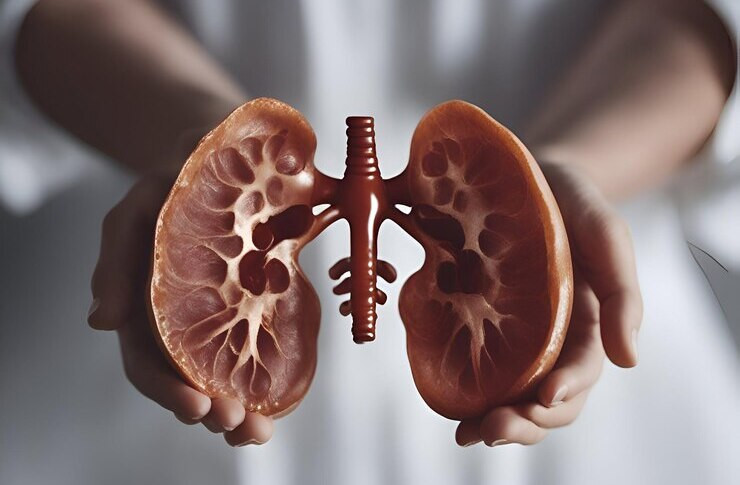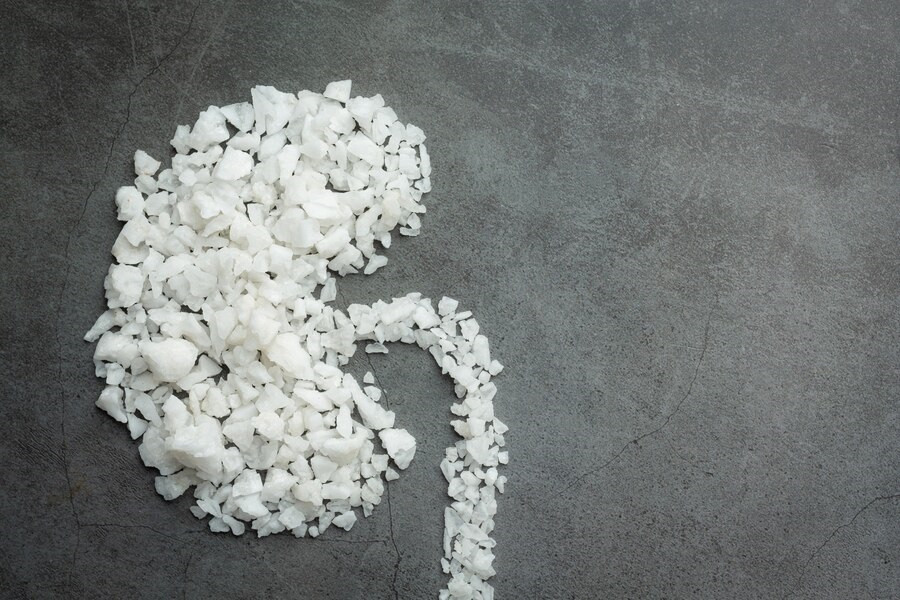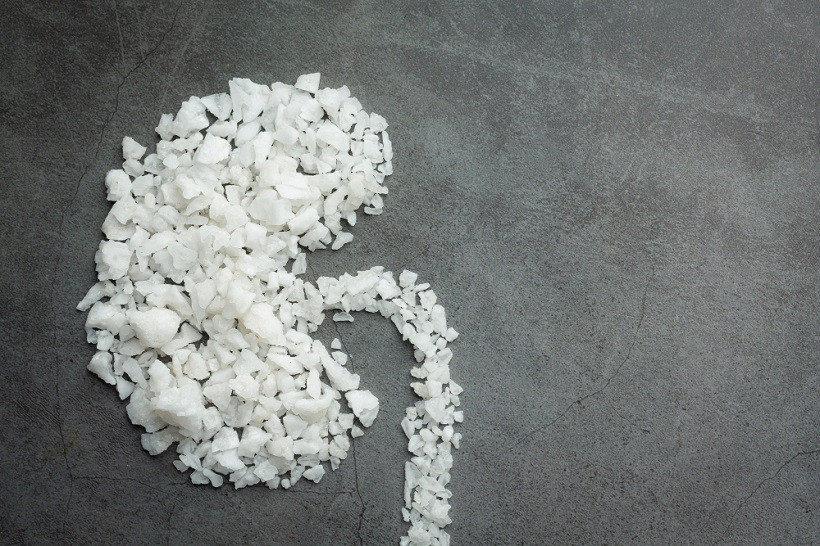Hemodialysis, also referred to as dialysis, is the process of eliminating waste products, toxins, and extra fluid from the blood. For certain people, particularly those who have kidney failure or notice a significant reduction in kidney function, this procedure is necessary.
How Does Hemodialysis Work?
Hemodialysis requires the use of a dialysis machine, which functions similarly to an artificial kidney. To perform this operation, little surgery is required to access the blood vessels and connect the arteries and veins.
A tube connects the patient's body to the dialysis machine. This instrument contains a filter known as a dialyzer, which acts as an artificial kidney. This machine removes waste and excess fluid from the blood while preserving blood cells and vital proteins. After being cleaned, the blood is returned to the body via the same tube.
Hemodialysis operations are usually performed three times each week, with each session lasting about 3-5 hours. The frequency and duration depend on the disease and the kidneys' ability to work properly.
Conditions That May Require Dialysis
Dialysis is very essential for some people, particularly those with kidney diseases. A person may need dialysis for a number of reasons, including:
Chronic kidney failure
Dialysis is required for a number of conditions, including chronic kidney failure. This disorder causes patients to lose the ability to appropriately filter blood.
When the kidneys are injured, they are unable to eliminate metabolic waste and extra fluid from the body. This results in an accumulation of toxins in the blood, which can be harmful and potentially fatal. Dialysis helps to replace impaired kidney function by filtering blood outside the body.
Acute renal failure
The kidneys' ability to function suddenly declines in acute renal failure. Drug side effects, infections, and kidney-related accidents can all lead to this condition. Dialysis can save lives while the kidneys recover.
Read more: Is It True That Eating Fried Chicken Krispi Causes Kidney Failure?
Excess body fluid
Healthy kidneys maintain the body's fluid balance by removing excess water through urine. In patients with kidney failure, this fluid can accumulate and cause edema, difficulty breathing, and high blood pressure.
Dialysis methods can help eliminate extra fluid and reduce the load on other organs.
Accumulation of toxic substances
The kidneys filter dangerous chemicals from the blood, including urea and creatinine. In patients with kidney failure, these chemicals can accumulate in the blood to deadly levels. Dialysis successfully eliminates these chemicals, thereby avoiding major problems like tissue and organ damage.
Read more: How To Prevent Contagious Diseases Of Kronis Kidney Failure
Electrolyte imbalance
The kidneys play an essential role in regulating electrolyte levels in the body, including potassium, sodium, and calcium. If your body's electrolytes are out of balance, you are at risk of major health concerns, including irregular heartbeats or muscle weakness.
Dialysis is necessary to control or rebalance electrolyte levels, allowing physiological functions to return to normal.
Dialysis is a vital procedure that can save many people with renal issues, even if it does not guarantee a cure. If you have any more inquiries concerning dialysis, you can either visit a doctor or make use of the consultation features that are available in the Ai Care application by downloading the Ai Care application from the App Store or Play Store.
Looking for more information about other diseases? Click here!
- dr Nadia Opmalina
National Kidney Foundation. Hemodialysis. Available from: https://www.kidney.org/atoz/content/hemodialysis
Cleveland Clinic (2022). Kidney Failure. Available from: https://my.clevelandclinic.org/health/diseases/17689-kidney-failure
Kelli Miller (2023). When Do I Need Dialysis?. Available from: https://www.webmd.com/a-to-z-guides/kidney-dialysis
Mayo Clinic (2023). Hemodialysis. Available from: https://www.mayoclinic.org/tests-procedures/hemodialysis/about/pac-20384824
Health Direct (2022). Dialysis. Available from: https://www.healthdirect.gov.au/dialysis
Brian Krans (2023). What to Know About Dialysis: Procedure Types, Benefits, and Risks. Available from: https://www.healthline.com/health/dialysis
Better Health. Kidneys - dialysis and transplant. Available from: https://www.betterhealth.vic.gov.au/health/conditionsandtreatments/kidneys-dialysis-and-transplant
Abhinac Goyal, et all (2023). Acute Kidney Injury. Available from: https://www.ncbi.nlm.nih.gov/books/NBK441896/
Yolanda Smith, B.Pharm. (2019). Electrolyte Disturbance and Acute Kidney Failure. Available from: https://www.news-medical.net/health/Electrolyte-disturbance-and-acute-kidney-failure.aspx












